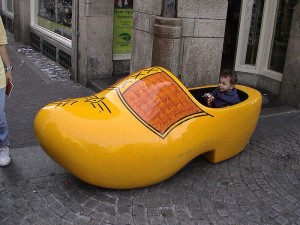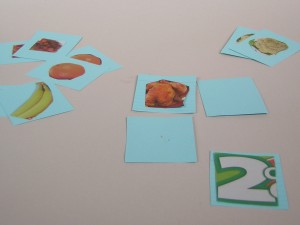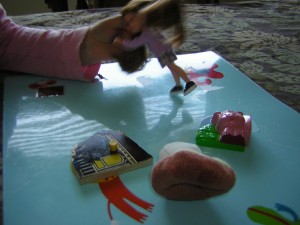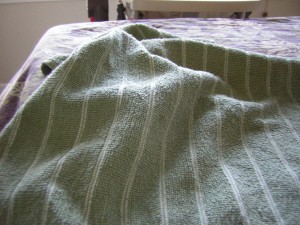Knock, knock. Who’s there?
Fangs. Fangs who?
Fangs for the memory.
Maybe it’s because I’ve been teaching kindergarten for so many years that I like knock, knock jokes. Kids certainly like them and jokes and riddles help practice memory skills. Jokes are a package deal; specific questions go with specific punch lines. Both parts need to be remembered. When kids tell jokes or riddles they do not always get the right 2 parts but this may be due to creativity or lack of understanding rather than inaccurate remembering.

Nevertheless, to tell a joke over and over involves committing it to memory over a period of time. That’s where there is a kindergarten readiness aspect–remembering information over time. So go ahead and share jokes with the family and friends and help your child with readiness for kindergarten.
Knock, knock. Who’s there?
Wooden Shoe. Wooden shoe who?
Wooden shoe like to hear another joke?



